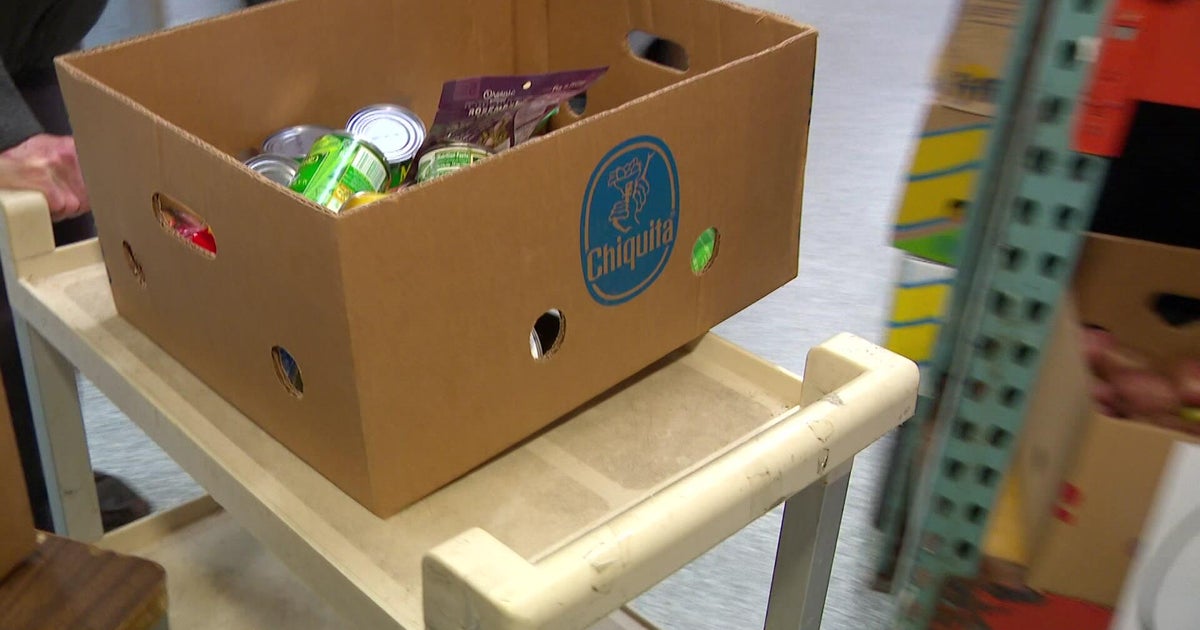The Minnesota Department of Children, Youth, and Families says they’re being forced to stop processing Supplemental Nutrition Assistance Program Benefits (SNAP), or food stamp applications, starting Wednesday because of the government shutdown.
State leaders say the 440,000+ Minnesotans getting SNAP benefits are facing funding deadlines with dire consequences.
“I don’t know what I would do if there wasn’t a food shelf or SNAP,” said Markita Banks of Minneapolis.
“Since March 2025, the demographic is very different from what it was before. People are coming here who’ve never had to ever visit a food shelf,” said Sharon Abel, the executive director for the Groveland Emergency Food Shelf.
Abel says need at the food shelf, based in Minneapolis’ Stevens Square neighborhood, has drastically increased.
“We serve 200 people a day in two hours,” said Abel.
But an extended government shutdown will stress their system even more.
“We’re just constantly making sure we’re ahead of what’s next,” Abel said.
Early Tuesday, the department told all 87 counties and tribal leaders if the shutdown continues into November, there will be insufficient funds to pay November SNAP benefits. The letter also says USDA leaders are directing states to “delay transmission to state EBT vendors until further notice.”
“The government has an important role in hunger relief and SNAP is a part of that. SNAP outreach is a major part of that for our organization,” said Zach Rodvold of Second Harvest Heartland, a leading hunger relief organization.
If the federal government is still shut down on Oct. 21, state leaders will warn recipients they won’t get November benefits. If the shutdown extends to Nov. 1, active or reinstated SNAP cases won’t be approved. It’s something impacting Minnesota Family Investment Program recipients, too.
The department says they’ll provide updates to recipients using electronic means and will also post on social media channels and the MNbenefits website.
If you’re looking to help, Groveland Emergency Food Shelf says donating money is the best way — and of course, following the “golden rule.”

